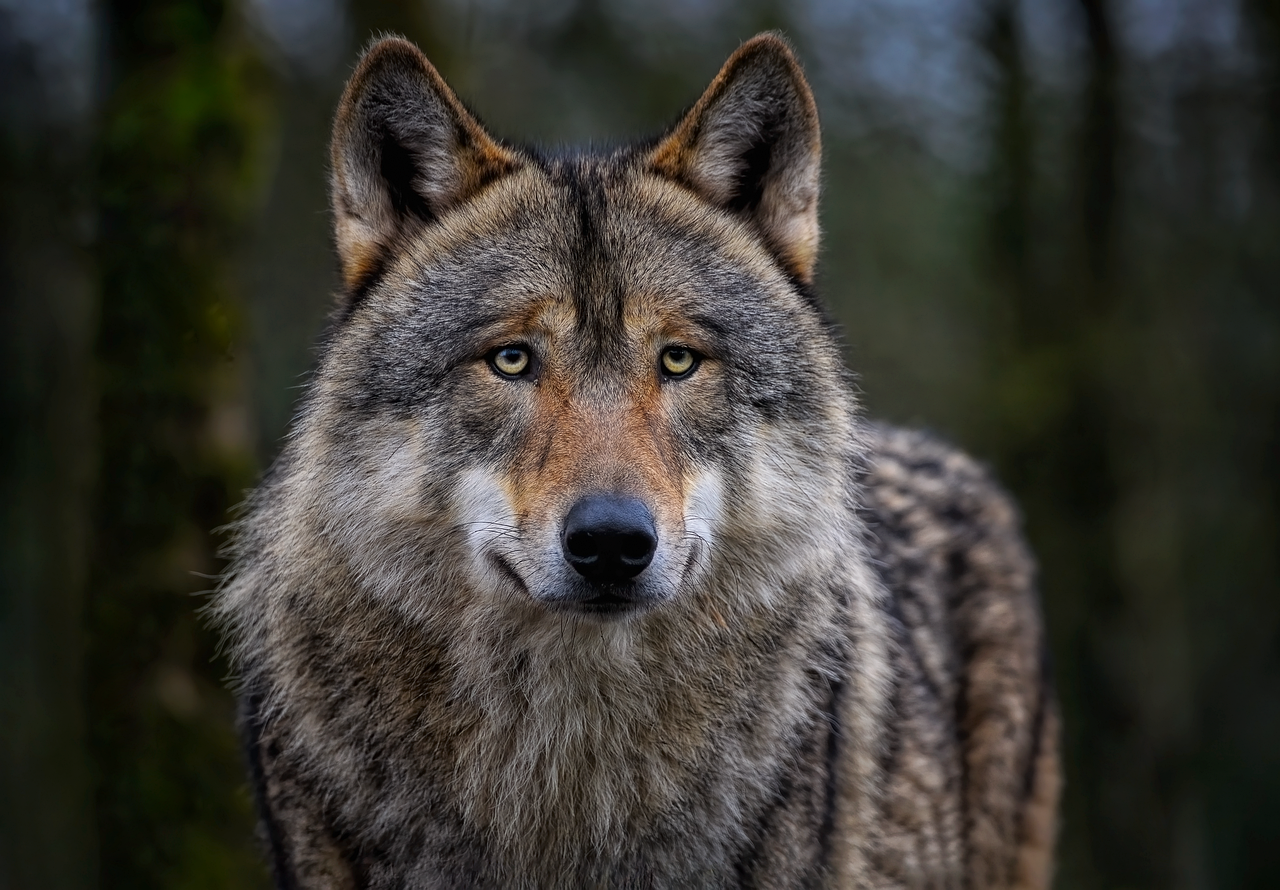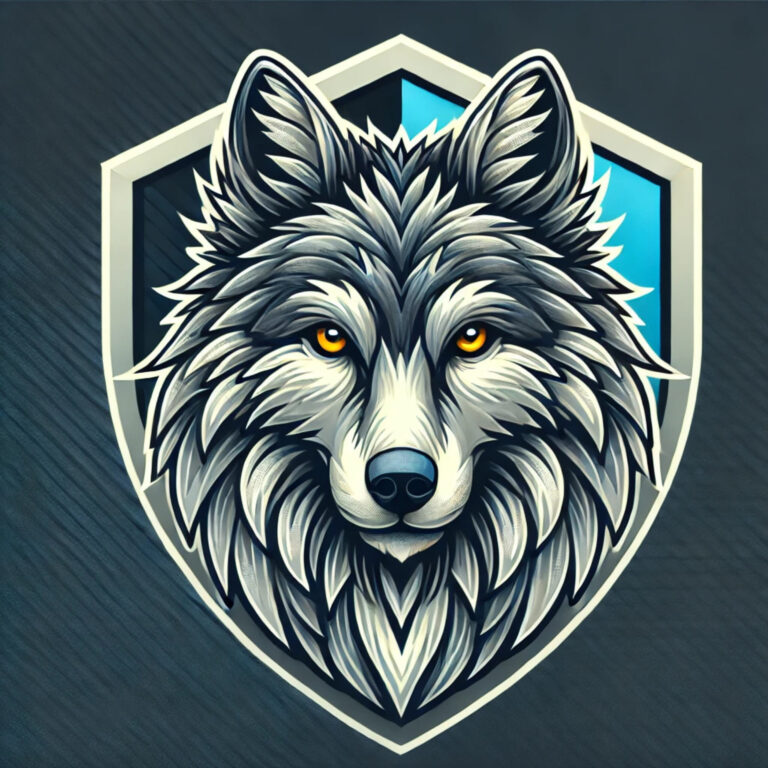From Ignorance to Ownership—A Journey of Responsibility and Constitutional Awakening
I spent most of my life opposed to guns. I trusted that government institutions and law enforcement would maintain order and protect society. I believed safety came from collective rules and cooperation, not firearms. Then COVID-19 happened, and everything changed. The unconstitutional lockdowns violated basic freedoms, crushed livelihoods, and exposed the fragility of the systems I had trusted. My involvement in fighting these unlawful mandates, including leading efforts like the Shasta County Recall, drew attention—and threats. By the time those threats became personal and credible, my worldview was shattered. I realized no one else was responsible for my safety. That responsibility was mine.
The Unraveling of Trust
The lockdowns of early 2020 were more than a public health response; they were an assault on constitutional rights. Small businesses were shuttered indefinitely, while big corporations thrived. Churches were silenced while riots were excused. When I spoke out, warning that these measures were destroying freedoms and violating the rule of law, I became a target. The threats weren’t just insults—they were promises of harm. This was the first time I saw the system falter so completely. It was clear that trusting the government to preserve order was no longer viable.
The disconnect between those in power and the public became glaring. As government officials extended lockdowns, they ignored their own rules while punishing those who questioned them. Protesting these measures wasn’t just about opposing mandates—it was about standing up for constitutional principles. But the government’s overreach and its failure to ensure safety revealed something stark: the system wasn’t designed to protect dissenters like me.
Chaos in the Streets
The riots following George Floyd’s death were a second blow to my worldview. Cities across the nation erupted in violence. Businesses burned, looters roamed freely, and leaders justified the destruction while continuing to enforce lockdowns on law-abiding citizens. The hypocrisy was impossible to ignore. On one side, chaos and destruction were condoned; on the other, Americans were told to stay home and obey arbitrary mandates.
Amid this chaos, I saw a stark contrast: armed citizens organizing peaceful protests to defend their communities. In cities like Kenosha and elsewhere, gun owners stood guard outside businesses and homes, quietly protecting what mattered. These people weren’t causing harm or seeking conflict. They were demonstrating discipline and responsibility, upholding the rule of law where institutions had failed. For the first time, I saw guns not as instruments of violence, but as tools of accountability and order.
Death Threats and the Turning Point
Late in 2020, the threats against me escalated. They weren’t abstract anymore—they were real, detailed, and personal. It became clear that no one was coming to protect me. I had a choice: remain vulnerable or take responsibility for my own safety.
The decision to own a gun wasn’t about fear; it was about responsibility. For the first time, I understood that self-protection isn’t just a right—it’s a duty. The Second Amendment isn’t a relic of the past. It’s a safeguard for the present, a reminder that freedom requires vigilance and accountability. By choosing to arm myself, I wasn’t embracing violence. I was embracing the reality that preserving liberty begins with individual responsibility.
The Role of the Second Amendment in Protecting the Constitution
The Second Amendment exists not just to protect individuals, but to safeguard the entire constitutional framework. The Founders understood that tyranny often begins with disarmament. A government that fears an armed citizenry is less likely to overreach. The riots and lockdowns of 2020 were a reminder that the preservation of the Constitution sometimes falls to ordinary people who stand ready to defend it.
In a time of eroding trust in institutions, the Second Amendment ensures that power doesn’t become overly centralized. It provides a check on government overreach and serves as a reminder that the ultimate authority resides with the people. Guns, when owned responsibly, are not about promoting violence—they’re about ensuring that the principles of liberty, accountability, and the rule of law endure. My journey wasn’t just about personal safety; it was about stepping into a role that strengthens the fabric of constitutional order.
The Grave Responsibility of Gun Ownership
Owning a gun is not something I took lightly. It comes with immense responsibility—training, discipline, and an understanding of the ethical weight of that decision. A firearm isn’t a symbol of power; it’s a tool of protection, one that requires humility and respect to wield. Through training, I gained not just skill, but a deeper appreciation for the seriousness of this role.
Guns, I realized, aren’t about fear or intimidation. They’re about ensuring that when institutions fail, individuals can still defend themselves and uphold the rule of law. Accepting this responsibility wasn’t about embracing a new identity; it was about stepping into a role I had long ignored: protector.
Manhood, Duty, and Liberty
This journey wasn’t just about guns—it was about learning yet another deeper level of what it means to be a man. To truly be a man is to accept responsibility for your life and your principles, to stand firm in the face of chaos, and to protect what matters. It’s not about bravado or ego. It’s about discipline, accountability, and strength tempered with restraint.
The Second Amendment embodies these values. It’s not just a right—it’s a reminder that liberty demands vigilance. My transformation from anti-gun to protector was about more than changing my views. It was about stepping into a role that ensures freedom survives, not just for me, but for all who depend on the rule of law.
Protecting Freedom, Preserving the Constitution
The events of the past few years taught me that freedom is fragile, and preserving it requires action, not complacency. The Second Amendment is far more than a personal right—it’s a cornerstone of the Constitution and a safeguard against the erosion of liberty. My journey from anti-gun to protector wasn’t just about changing my views on firearms; it was about accepting the responsibility to uphold the principles that make freedom possible.
Owning a gun is not about fear or force—it’s about accountability, discipline, and standing ready to defend what matters. In a world where order and liberty are constantly tested, the Second Amendment remains an essential reminder that protecting freedom begins with each of us.


